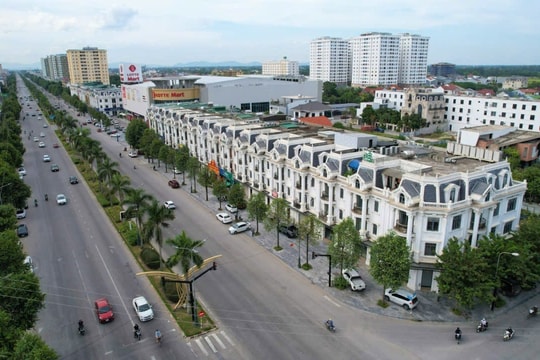In two years, Vietnamese businesses paid 120 billion VND in taxes on behalf of Google and Facebook.
Because Google and Facebook do not have official representatives in Vietnam, tax authorities can only collect taxes from their partners.
Information about Google and Facebook's tax payments was given at the consultation session on the draft Law on Cyber Security of the Conference of specialized National Assembly deputies..
Accordingly,The Ministry of Finance's report said that because these two companies do not have an official representative in Vietnam, tax authorities only manage taxes on income generated from partners, advertising agents or businesses that purchase services directly from them in Vietnam.
Initial statistics show that in 2016, domestic companies paid taxes on behalf of Google (including YouTube) and Facebook of nearly VND46.9 billion (value added tax of about VND25.3 billion; corporate income tax of nearly VND21.6 billion). In the first 9 months of 2017, domestic companies paid taxes on behalf of Google, YouTube, and Facebook of VND73.2 billion (value added tax of nearly VND39.1 billion; corporate income tax of VND34.1 billion).
Besides the concern about tax losses from these units, the need to protect national sovereignty with electronic data was also raised when drafting agencies discussed the revised Law on Cyber Security.
Require these companies to place servers in Vietnam whentelecommunications service provision is no longer included.Latest Draft Law on Cyber Security.However, the bill still requires the establishment of representative agencies and storage of Vietnamese user data on Vietnamese territory.
|
Up to now, Google and Facebook have no official representatives in Vietnam. |
According to the National Defense and Security Committee, such regulations will meet the requirements of protecting national sovereignty over electronic data and handling situations and behaviors in cyberspace that violate national security and social order and safety. In addition, it will attach obligations and responsibilities to foreign enterprises providing cross-border services in coordinating the provision of information and data to serve the investigation, verification and handling of violations related to service users in Vietnam.
According to statistics from the Ministry of Public Security, by January 2018, Google had rented nearly 1,800 servers, Facebook had rented 441 servers from Vietnamese businesses to store data in Vietnam.
In addition, when there is data storage, it will be more feasible to prevent and remove information that is against the Party and the State and violates Vietnamese law, such as the recent case of using the Internet to gamble for thousands of billions of dong. In addition, according to opinions, the above regulations help effectively prevent sabotage activities of reactionary elements and spies at home and abroad using cyberspace.
According to the National Defense and Security Committee, the proposed revised regulations will create a legal corridor for ministries and agencies to strictly manage the activities of enterprises providing cross-border services when doing business in Vietnam. The regulations also ensure payment sovereignty, prevent tax losses for these enterprises, and eliminate inequality between foreign and domestic enterprises.
Previously, a number of foreign ambassadors in Vietnam shared their concerns about the regulation that foreign enterprises providing telecommunications and Internet services must place servers in Vietnam. The reason is that they believe that this regulation is contrary to Vietnam's international trade commitments, including commitments as a member of the WTO.


.jpg)





.jpg)
